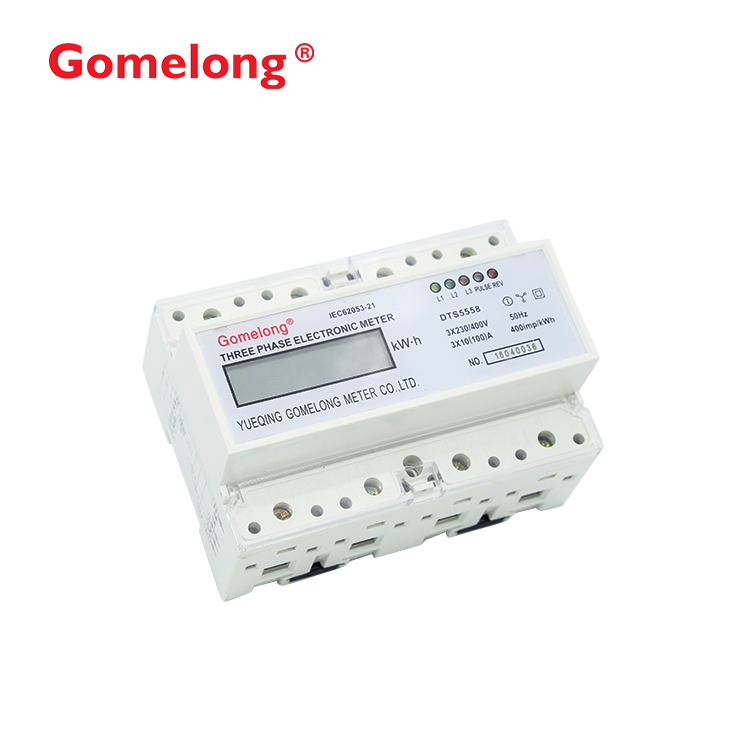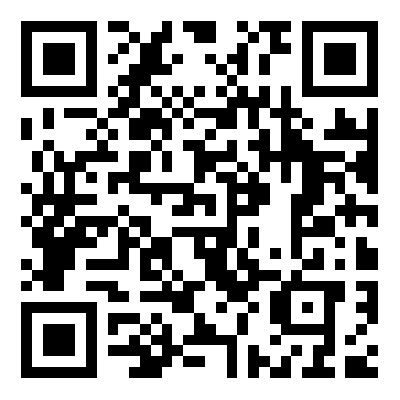Powering Progress: The Advantages of 3 Phase Remote Smart Watt Meters Over Conventional Meters
2023-11-15
Introduction:
In the ever-evolving landscape of energy management, the transition from conventional meters to advanced technologies is reshaping the way we monitor and optimize electricity consumption. One such innovation is the 3 Phase Remote Smart Watt Meter, a sophisticated tool designed to offer numerous benefits compared to traditional meters. In this blog, we explore the advantages that make these smart meters a transformative force in the realm of energy measurement.
1. Comprehensive Three-Phase Monitoring:
- Traditional Meters: Primarily designed for single-phase systems, conventional meters fall short in capturing the nuanced dynamics of three-phase power.
- 3 Phase Remote Smart Watt Meters: Excel in monitoring three-phase power systems, providing a comprehensive view of energy usage across multiple phases, ideal for industrial and commercial applications.
2. Remote Monitoring Capabilities:
- Traditional Meters: Require manual reading and lack remote monitoring features, necessitating physical presence for data retrieval.
- 3 Phase Remote Smart Watt Meters: Offer remote monitoring capabilities through advanced communication protocols, allowing users to access real-time data from anywhere with an internet connection.
3. Advanced Communication Protocols:
- Traditional Meters: Typically lack sophisticated communication capabilities, limiting their interaction with external systems.
- 3 Phase Remote Smart Watt Meters: Equipped with advanced communication protocols like Zigbee, LoRa, or cellular connectivity, ensuring seamless data transmission for remote monitoring and control.
4. Real-Time Metering Precision:
- Traditional Meters: May offer real-time readings but lack the precision and instantaneous data provided by smart meters.
- 3 Phase Remote Smart Watt Meters: Provide precise real-time metering capabilities, offering instantaneous information on power usage, voltage, and current.
5. Data Logging and Analytics:
- Traditional Meters: Limited in data storage capabilities, making it challenging to analyze historical trends or perform in-depth energy usage assessments.
- 3 Phase Remote Smart Watt Meters: Feature comprehensive data logging capabilities, recording historical data for detailed analytics, trend analysis, and informed decision-making.
6. Smart Grid Integration:
- Traditional Meters: Primarily standalone devices, often not designed to integrate with smart grid systems.
- 3 Phase Remote Smart Watt Meters: Engineered to seamlessly integrate with smart grid systems, contributing to efficient energy distribution and load balancing.
7. Enhanced Security Features:
- Traditional Meters: Generally lack advanced security features, making them susceptible to tampering.
- 3 Phase Remote Smart Watt Meters: Equipped with robust security protocols and tamper detection features to ensure data integrity and prevent unauthorized access.
8. User-Friendly Interface:
- Traditional Meters: Typically feature analog dials or basic digital displays, providing limited information.
- 3 Phase Remote Smart Watt Meters: Often equipped with user-friendly interfaces, including LCD or LED displays, offering users easy access to a wealth of detailed information.
9. Load Profiling Capabilities:
- Traditional Meters: Do not have advanced load profiling capabilities, limiting their ability to analyze and categorize energy usage patterns.
- 3 Phase Remote Smart Watt Meters: Incorporate load profiling features, enabling users to understand usage patterns, identify inefficiencies, and implement targeted energy-saving measures.
10. Environmental Impact Monitoring:
- Traditional Meters: Primarily focus on energy consumption measurement without considering the broader environmental impact.
- 3 Phase Remote Smart Watt Meters: May include features to assess the environmental impact of energy consumption, providing users with insights into their carbon footprint.
Conclusion:
The transition from conventional meters to 3 Phase Remote Smart Watt Meters represents a significant leap forward in energy management. The myriad benefits, from comprehensive three-phase monitoring to remote capabilities and advanced analytics, position smart meters as indispensable tools for a sustainable and connected energy future. As we power progress in the digital age, these smart meters emerge as key enablers of efficient energy consumption and environmental stewardship.



